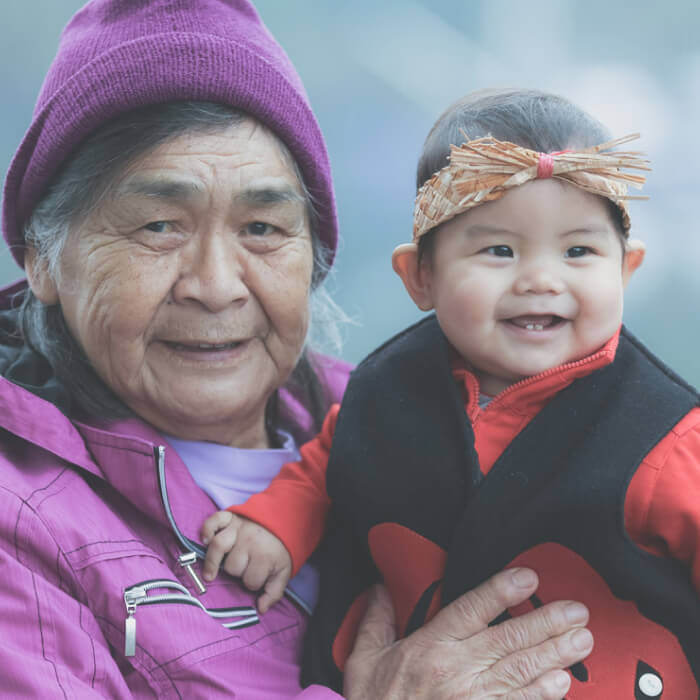June 18, 2020 | In the year since the final report was issued from Canada’s National Inquiry on Mission and Murdered Indigenous Women and Girls (MMIWG), killings of Indigenous people involving police services continue to remind us of systemic racial injustice in Canada and the failure to develop an action plan since the First Nations Health Council made its recommendations to the Inquiry in 2018.
We stand with our partner First Nation organizations – the Union of BC Indian Chiefs, the Nuu-chah-nulth Tribal Council, First Nations Leadership Council and others – in demanding action from the federal government to or urging the federal government to take the opportunity to work with First Nations and allies to implement the 231 recommendations in MMIWG final report and “Calls for Justice” framed as transformative actions in the areas of health, security, justice and culture.
In 2018, the FNHC provided testimony to the National Inquiry on how violence and systemic discrimination impact public and individual health and wellness – with profound and long-term impacts on stress, mental health, and other social determinants of health that translate into poor outcomes for Indigenous people. As one of the three pillars in the made-in-BC First Nations Health Governance structure, the FNHC has a strong interest in addressing the issues of violence against Indigenous women and girls within the scope of its work to address the social determinants of health. Making progress on the social determinants of health and improving health outcomes for First Nations requires tackling systemic racism.
The FNHC recognizes the strength of BC First Nations women, acknowledging that in our past, many communities and Nations were matrilineal and guided by the voices of women. The FNHC has advanced programs to address violence against Indigenous women and girls, such as the Commitment Stick Initiative to prompt personal and community commitments against violence.
We are all outraged by the examples of police brutality in the US, and stand in solidarity with those around the world who are protesting racial injustice. Outrage must translate into action – and for the FNHC this means concrete policy changes that result in meaningful and durable change for the lives of our Indigenous women and girls. The FNHC stands by the recommendations in its testimony to:
- Improve mental health services and achieve progress on the determinants of health and wellness;
- Advocate for the promotion of culturally safe services and supports in the health system;
- Build healthy partnerships on behalf of BC First Nations; and
- Reclaiming the traditional matrilineal voices that guided the wellbeing of our Nations and communities.

